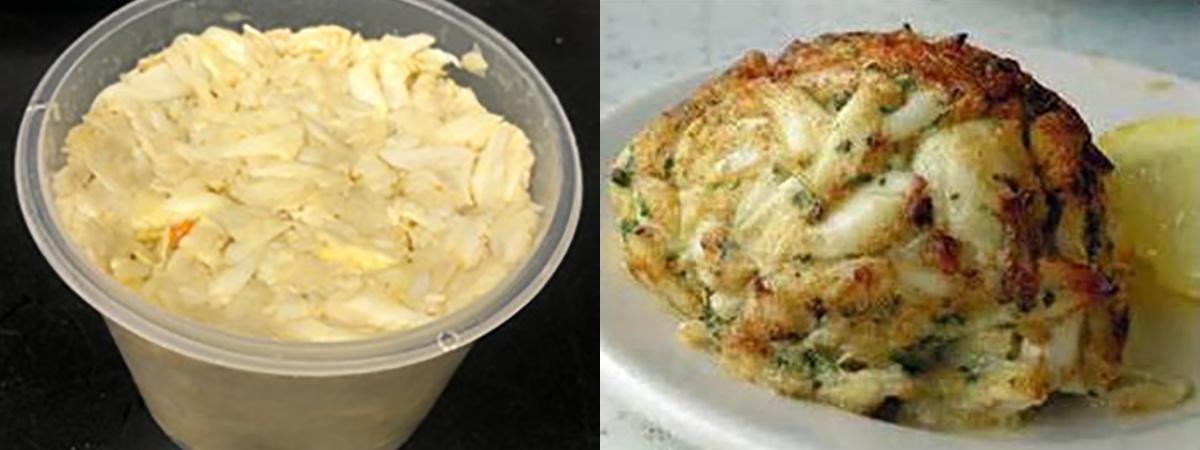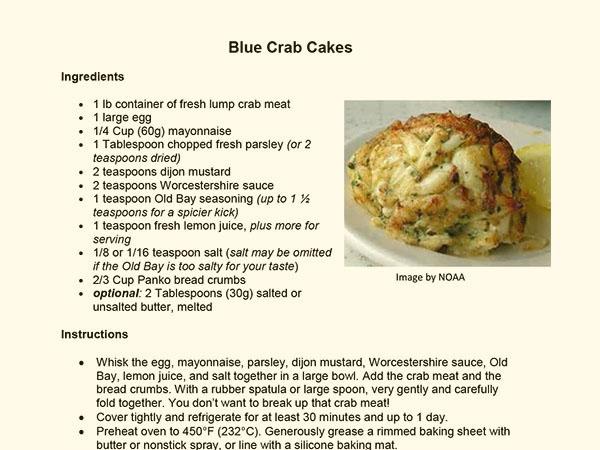
I am Dr. Cathy Liu, Seafood Technology Specialist at University of Maryland Extension (UME). I am currently working with Jackie Takacs (UME), Barry Nash (North Carolina State University), and Dr. Evelyn Watts (Louisiana State University) to study fresh crabmeat taste properties. This research is approved by the University of Maryland College Park’s Institutional Review Board under protocol number IRBNet Package#: 1933295-2. We would like to invite you to participate in our taste study.
The purpose of this sensory evaluation survey is to understand consumers’ acceptance of precooked, ready-to-eat, Atlantic blue crabmeat treated by high-pressure processing (HPP) technology and to estimate its market potential. For more information on high-pressure processing, click here.
How is the HPP crabmeat produced? Live blue crabs are steamed under pressure at temperatures between 240-250°F for 5-8 minutes. Then the meat is picked by hand, packed in plastic containers, and sealed with film. The sealed containers are then subjected to HHP treatment to extend the crabmeat's shelf life.
We are seeking participants who:
- Are at least 18 years old
- Enjoy eating crabmeat;
- Do not have any allergies to crab, anchovies, eggs or wheat gluten
- Are not pregnant, nursing or immunocompromised
The taste tests are expected to begin on June 1, 2023 and last for 3 weeks, one sampling per week. You are expected to taste the crabmeat right out of the container and evaluate its flavor, texture, aroma and appearance. If you decide the crabmeat is acceptable, we ask that you then use the crabmeat as a prime ingredient to make crab cakes using our suggested recipe and tell us how it performed in comparison to the fresh crabmeat you have used before.

